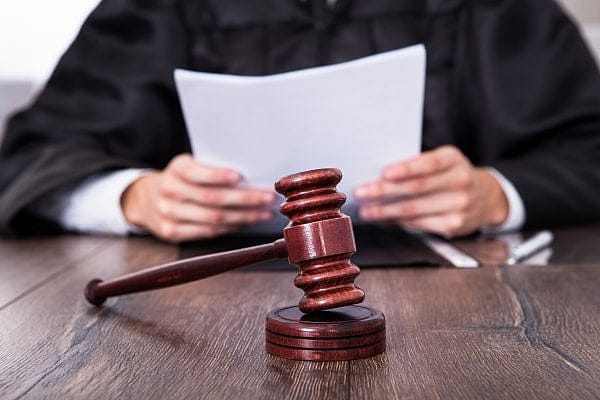Indicted Massachusetts Judge To Get Back Pay and Continuing Pay While Federal Obstruction-of-Justice Case Proceeds

A state judge who prosecutors say helped an illegal immigrant elude federal agents at a Newton courthouse will get back pay and start drawing her normal salary without working while she remains suspended.
The Massachusetts Supreme Judicial Court ruled 5-1 on Tuesday that Shelley M. Richmond Joseph, who is under a federal indictment for obstruction of justice, must get back pay and benefits but cannot return to work even in an administrative capacity while her case is pending. The decision upends a ruling the same court made less than four months ago.

